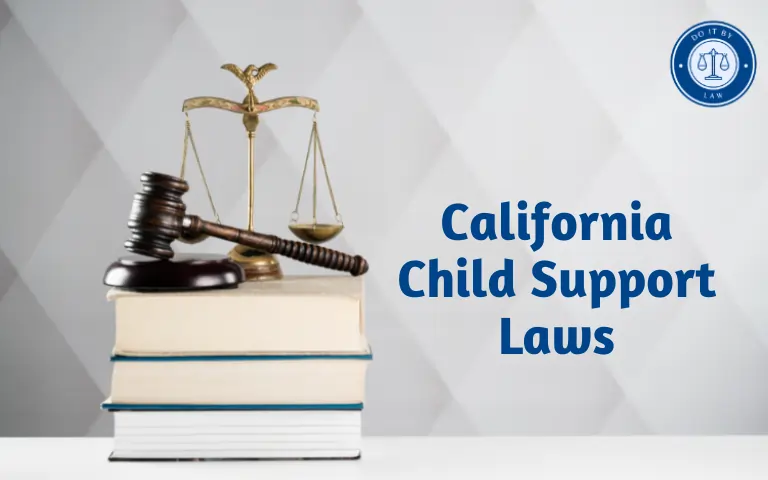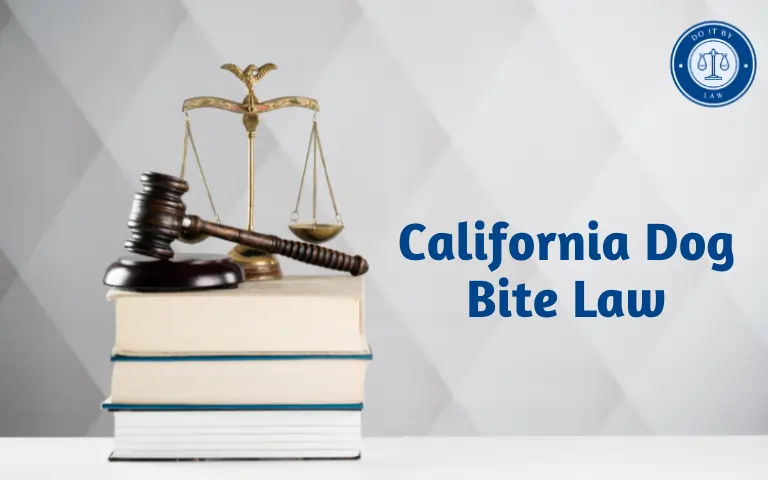California Child Support Laws: What You Need to Know
Navigating the California Child Support Laws system can leave parents buried under rules, deadlines, and paperwork as they balance careers, budgets, and raising a child post-split. Missed payments prompt collections resembling hound dogs on a scent. So get savvy on calculating, modifying, enforcing, and terminating support to avoid drowning in debt and legal woes.
When California Child Support Laws Were Enacted and Why
- Child support statutes began in the 1950s as public aid cost recovery but evolved with reforms focusing on child impact.
- California State key laws aim to uphold parental financial responsibility regardless of custody arrangements. This promotes child welfare when families fracture.
- Updates address rising costs, enforcement gaps, and changing family structures. But debates over fairness, incentives, and state overreach churn on.
Who California Child Support Laws Apply To
- All California parents of minor children from established relationships fail to reach voluntary agreements.
- Support continues past 18 for unemancipated kids still attending high school full-time and living at home.
- Stepparents also owe support in some cases while co-parents with split custody pay proportional shares.
Key Provisions, Requirements, and Restrictions
- Both parents must financially support children per state guidelines balancing incomes and custody timeshares.
- Modifications adjust for income or timeshare changes. Job losses and relocations don’t negate obligations!
- Payments redirect through the system when four weeks behind for tracking. License suspensions and liens pressure deadbeats.
Penalties for Violating California Child Support Laws
- Late fees start at $25 plus 10% interest on arrears balances. Chronic delinquency prompts enforcement actions.
- Jail time is possible for those shirking over $5,000 in support for months despite their ability to pay. Contempt hurts!
- Passport denial, bank levies, tax and lottery interceptions, and license suspensions also squeeze non-compliant parents. Ouch!
Recent Changes and Proposed Legislation
- Bills keep trying to base calculations more on actual costs and loosen license suspension rules but have failed to pass so far.
- The TANF federal grant expiration may impact related policy if not renewed given its Child Support Enforcement ties.
- Parenting time adjustments, automation upgrades, and access expansions aim to improve system function and compliance rates.
Controversies, Debates, and Challenges
- Making payment rules gender-neutral remains debated given historical primary caretaker presumptions.
- Proving income manipulation is challenging when obligors hide funds to lower obligations fraudulently.
- Basing amounts on income rather than costs also gets criticized for inaccuracy and promoting endless disputes.
In Summary…
Mastering California’s intricate child support guidance means mitigating conflicts and avoiding spiraling debt. Seek legal counsel to understand the many formulas, rules, and procedures governing changing family structures and budgets long-term. Stay vigilant through the bureaucratic maze!
Frequently Asked Questions
References:
Focus Keyword: California child support laws
Tags: child support calculation, payment rules, enforcement, modifications, divorce, custody, family law







